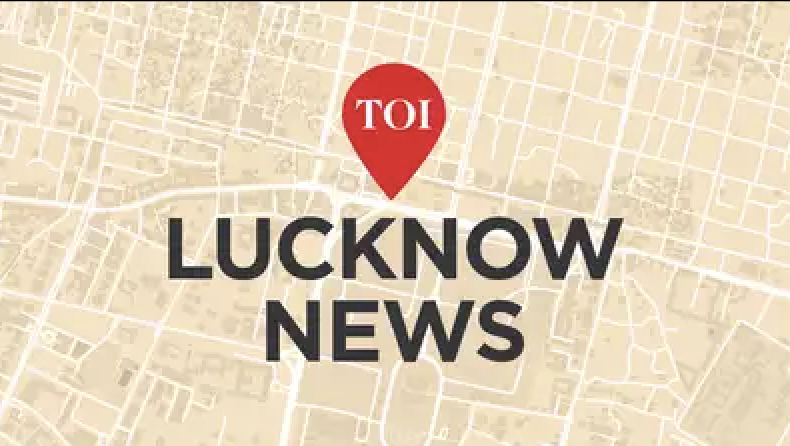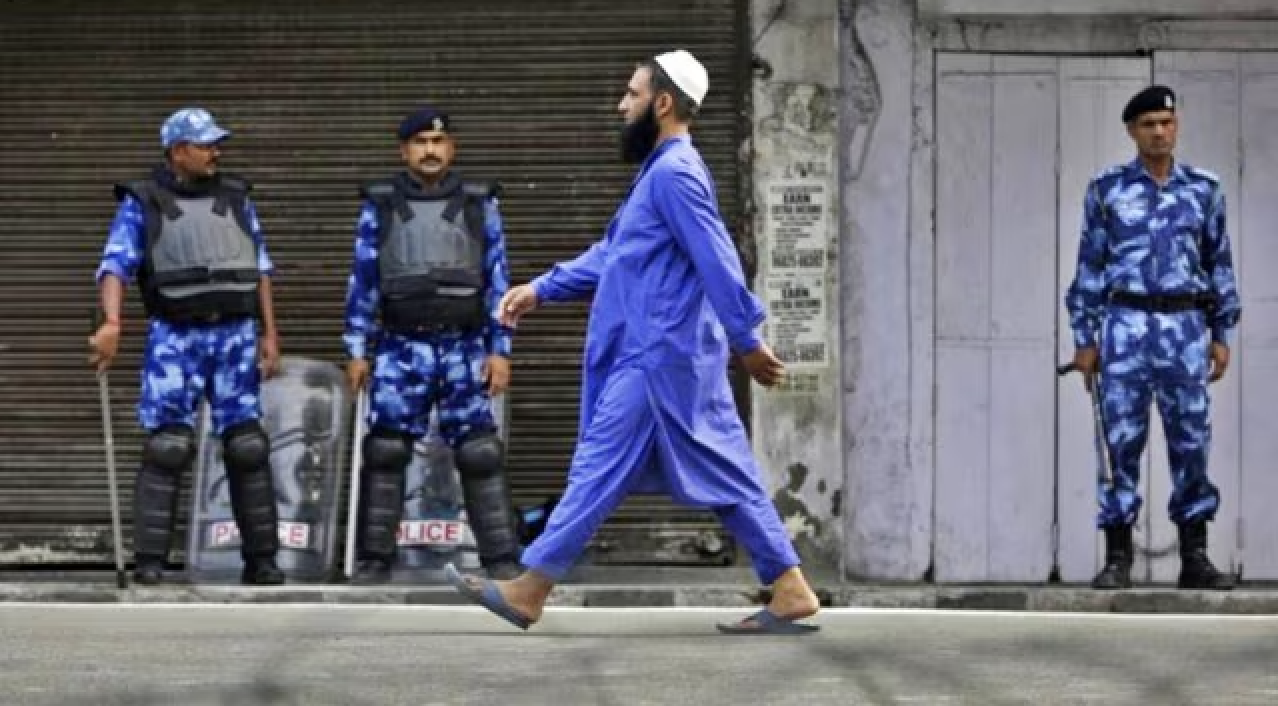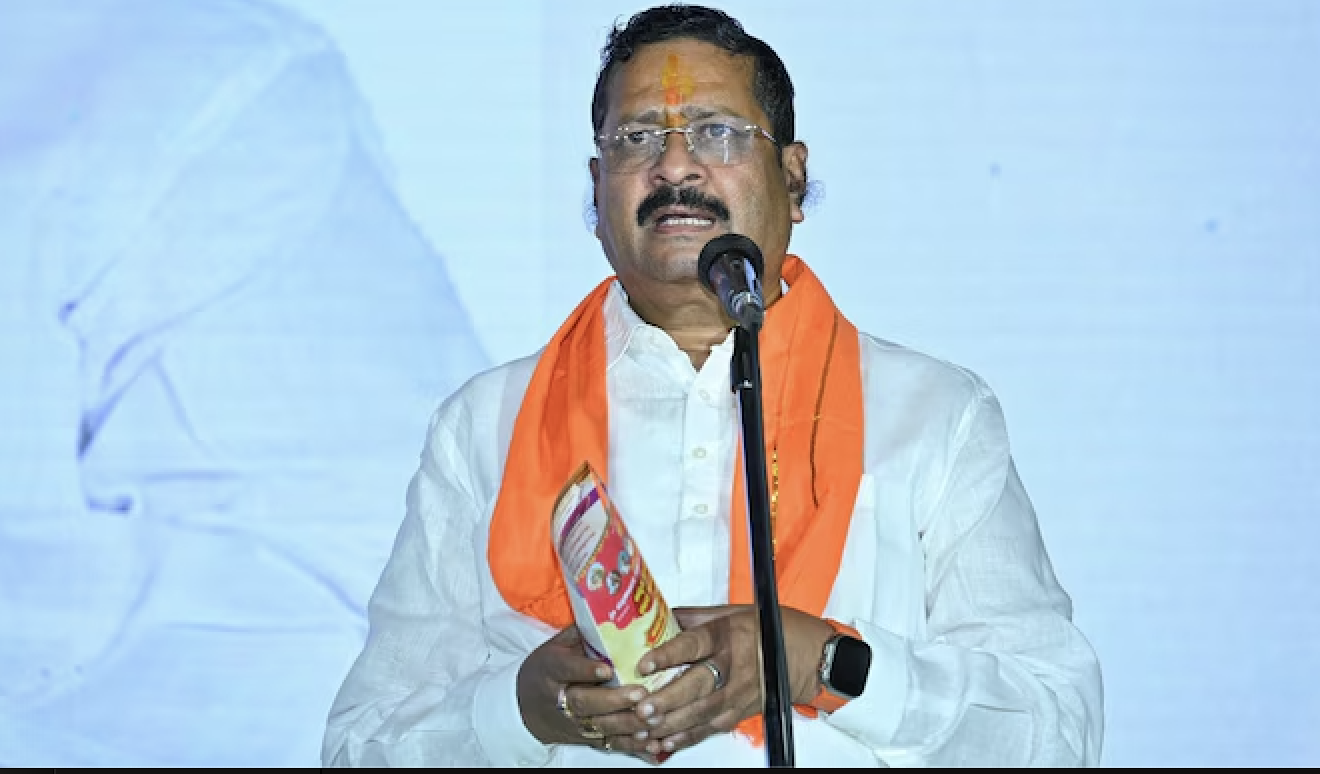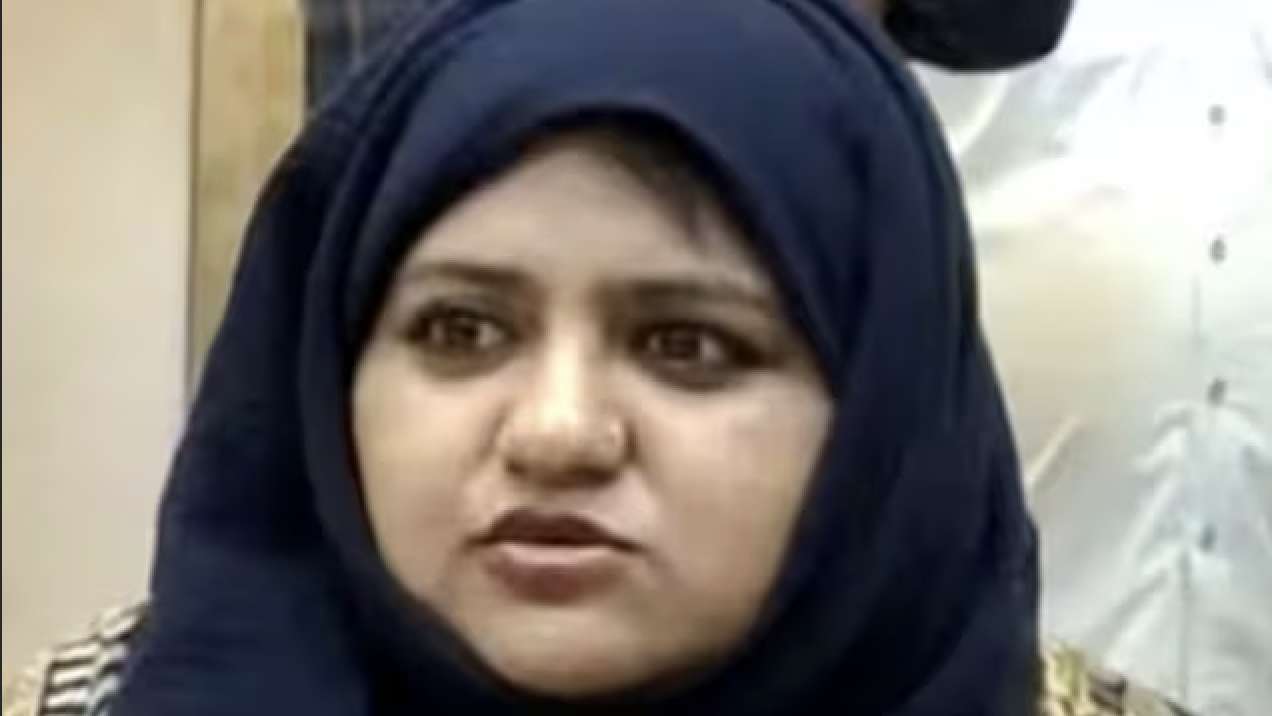
New Delhi: “As far as India is concerned, I would like to say Christian groups are more dangerous than Islamic groups. Both are equally dangerous in the context of conversion, especially Love Jihad.”
“The problem of Christian (sic). If the Islamic terror (sic) is green terror, the Christian terror is white terror.”
“Bharatanatyam should not be danced for (sic) Christian songs. How could the posture of Lord Nataraja be equated (sic) with the name of Jesus Christ?”
“The slow, steady and consistent invasion of our values and morals in this country by the continuous rule of pseudo-secularists in the name of secularism, in the name of globalization, in the name of global marketing, has made the constitutional promise of equality, a farce.”
“The list of Christian aggression is not ending. ‘Where there is a temple, there must be many Churches’ (sic) is their aggressive motto.”
These are some of the views expressed in 2012, 2013, and 2018 by an advocate and serving Bharatiya Janata Party (BJP) member from Kanyakumari in Tamil Nadu, who on 17 January 2023 was recommended by a three-judge Supreme Court committee knowns as the collegium for appointment as a judge to the Madras High Court.
If her appointment is cleared by the union government, advocate Lekshmana Chandra Victoria Gowri, 49, will serve as a high court judge for 13 years. She would also be eligible for elevation to the Supreme Court.
Article 14 sought comment from Gowri for her views about Christianity and Islam and if she still stood by them.
“In view of my recommendation, I have been advised not to give any interviews,” said Gowri. “Sorry.”
Gowri’s biases have emerged at a time when the collegium revealed on 19 January 2023 that the government had returned three high-court appointments—of Saurabh Kirpal, John Sathyan and Somasekhar Sundaresan.
Govt & Collegium Consider Political Leanings
The collegium, previously criticised (here, here, here and here) for its opaque system of picking candidates for the higher judiciary, for the first time on 19 January 2023 made public its reasons for reiterating the candidature of Kirpal, whose candidature the government rejected because he was gay and had a Swiss partner.
Law Minister Rijiju, who has also previously accused the collegium of opacity and unaccountability, criticised its revelations of intelligence inputs about Kirpal and others as “a very serious matter” and said he would “react to this in an appropriate manner in time”.
Recent collegium records have revealed that both the government and the collegium consider political leanings and past history while considering a person’s candidature.
In the case of Sathyan who was recommended for Madras High Court judgeship on 16 February 2022, a government Intelligence Bureau report objected to two social media posts that were “critical of Prime Minister Narendra Modi”.
In one of the posts, said the IB report, Sathyan had shared an article published in The Quint. The second post he shared was about a medical aspirant, Anitha, who died by suicide after failing a national pre-medical entrance test, in 2017. The IB said the post referred to a “killing by political betrayal” and had a tag that said “shame of (sic) you India”.
In the case of Sundaresan recommended for judgeship at the Bombay High Court, the government objected to his candidacy on the ground that he was a “highly biased opinionated person” and that he had been “selectively critical on social media on the important policies, initiatives and directions of the Government”.
The government noted that Sundaresan has aired his views on social media on several matters which are under consideration before the courts.
In Sundaresan’s case, the collegium said there is “no material to indicate that the expressions used by the candidate are suggestive of his links with any political party with strong ideological leanings”—something that is apparent in Gowri’s case.
This story was originally published in article-14.com. Read the full story here






